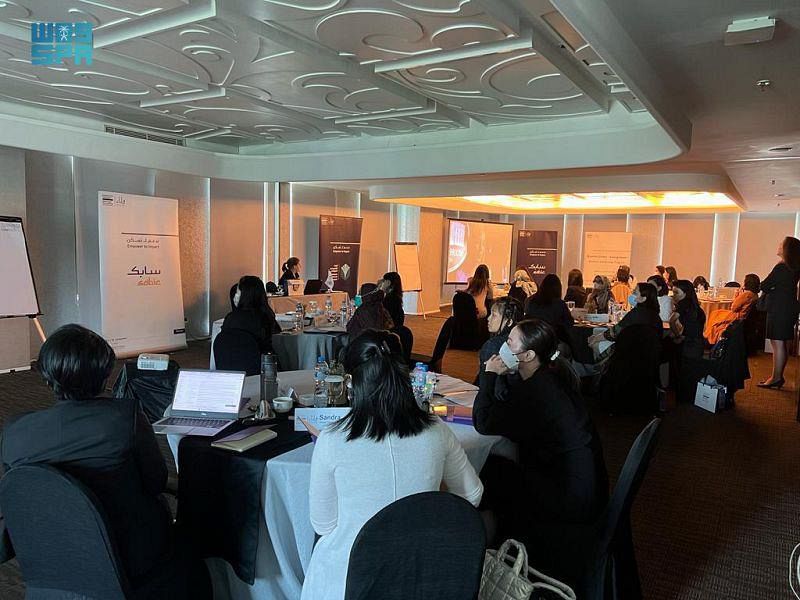
Women should play a central role in the UK’s post-pandemic economic recovery, with evidence revealing companies with more female leaders outperform those dominated by men, according to House of Commons research.
Accusing the government of ignoring women’s needs during the coronavirus pandemic and side-lining them in plans for recovery, the shadow secretary for women and equalities, Anneliese Dodds, said the data showed women held the key to a stronger economy, but they were being held back by a lack of investment and the risk of “childcare deserts” in parts of the country.
“When you’ve got more engagement from women, when women are in the driving seat to the extent they should be, it makes for far more successful businesses,” she said. “Our commitment is to consider women’s concerns and other equality issues from the start. The problem with the current government is they’re not even tacking women’s concerns on at the end, they’re not considering them at all.”
She warned that the UK was facing a “childcare emergency” with early years settings struggling to recruit staff and the Early Years Alliance reporting that some areas of England have seen a 25% decline in the number of places in the past six years.
“The childcare sector is facing a short-term emergency, seeing childcare deserts in different parts of the country, with providers going bust and not being able to continue operating – that has an awful impact on working women,” said Dodds. “Childcare providers are part of our economic infrastructure, we have to find a more sustainable way forward.”
To mark International Women’s Day, which is on Tuesday, Labour have collated data from the House of Commons library. It cited McKinsey research that shows companies in the top quartile for gender diversity on executive teams were 25% more likely to have above-average profitability than companies in the bottom, while companies with more than 30% female executives were more likely to outperform companies that don’t, according to research from academics from the Universities of Glasgow and Leicester.
But only eight women, and no women of colour, are currently employed as CEOs in the FSTE 100, while women hold only 14% of executive directorships and 38% of all directorships, according to the Fawcett Society’s Sex and Power report 2022.
The data shows that women-led SMEs contribute about £85bn to economic output, but Beis research shows that only 16% of small business employers and one in three of entrepreneurs are women. There is further evidence that fewer women get access to financing and business loans, with only 15% of bank financing applications and 22% of new primary business bank accounts openings coming from women.
Dodds said Labour would create 100,000 government-backed start-ups with a “equal recovery pledge” ensuring female representation, strengthen the pay gap reporting system and give a “new deal” for working women.
“Unless we actually back women in business, then we’re going to be losing out on a huge amount of potential extra economic activity and prosperity, that all of our communities really need,” she said.
New global data from gender equity researcher Equileap, released for IWD, shows that in the UK, women make up only a fifth (20%) of executive team members, 13 companies (6%) have a female CEO, and 27 companies (13%) have a female CFO.
NatWest is the only company with both a female CEO and CFO. The analysis also found that the UK is one of the worst performing countries on flexible work options, with only 29% of companies publishing a flexible hours policy, and just 18% publishing a flexible locations policy.












